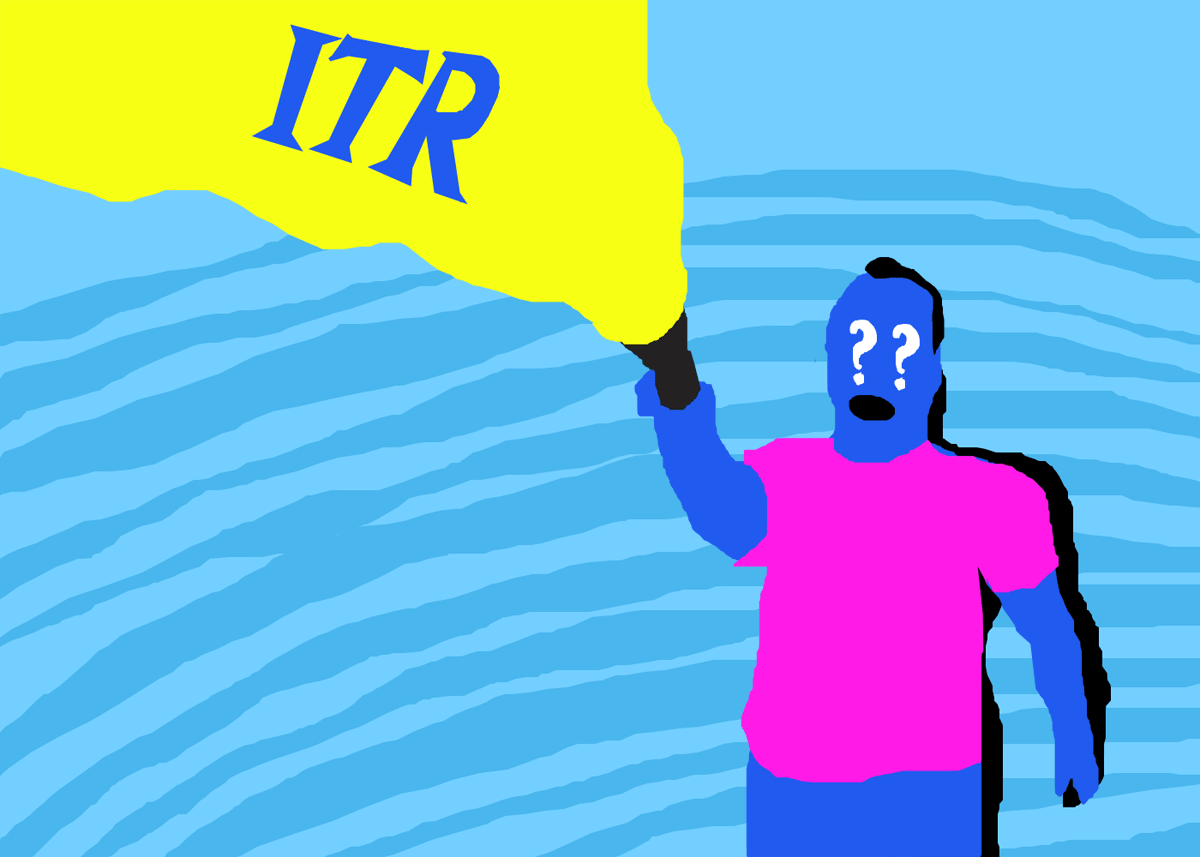Do you have income tax-related queries?
Please ask your questions HERE and rediffGURU Samkit Maniar, a CA from The Institute of Chartered Accountants of India with eight years of experience, will answer them.

Anonymous: Respected Sir, I invested in ICICI PRUD MF Rs. 40000 on 30-11-2005, and purchased NFO units (NAV=10, No. Of Units= 3911.980) after a gap of nearly 18 Years, in the month of August 2023, I made redemption request for all units for all units, and received Rs. 416799 with TDS deducted Rs. 6925. While Filing current IT RETURN, you are requested to guide me under which income head i have to show this said amount, and whether i have to pay tax liability on whole amount, any exemption therein? Regards
Form: ITR 2
Income head: Capital gains
Tax liability depends upon your other income sources. If only this is the amount of income then no tax liability.
Please consult with your CA as well on this.
Dr: I am getting 5+ cr after selling the property. 50L + 50L will be deposited in bonds. I don't want to invest in residential property. I am considering paying approximately Rs 85L capital gain tax and reinvesting the rest of the money. What are my options and what should be my realistic expectation for returns and recovery of capital gain tax? This money is surplus money. I have my finances managed by other deposits etc.
Now there is only one 50 lakhs. The loophole of two financial years has been plugged in. So be mindful of that. If you do not want to reinvest in residential property then there are no other choices.
Nirmal: Namaskar Interest certificate issued by bank shows interest paid and tax deducted against say 1 senior citizen savings scheme 2 normal savings SB account 3 Fìxed Deposit (term deposit) for say 5 years with a maturity value at the end of 5 yrs. Against sl no. 1 and 2 money is credited in account and naturally tax is to be paid. For sl.no. 3 where no money has been credited although said amount paid and tax deducted am I to:
a) Consider said amount paid and TDS in the ITR?
b) Is the same maturity amount as mentioned in the certificate will be paid or again tax will be deducted on maturity?
c) If same amount is paid whether that amount will be taxable in that related FY?
Regards
The income tax in India is paid on accrual or receipt basis whichever is earlier. In case of 1 and 2 you rightly pointed out that since they are received you will pay taxes. As far as FD is concerned, the interest is taxed on accrual basis every year on which TDS is deducted. Hence, every year you will need to show the respective interest in your income tax returns and at maturity only differential interest will be paid.
For example: FD of INR 100 @10% is made for 3 years then in year 1 on 10 rs you will be pay tax. In year 2 you will be taxed on 11 rs and year 3 you will be taxed on 12 rs and upon maturity there will be no taxes since entire interest is paid in the respective years.
Hope I am able to articulate this properly.
MOHAN: I have to file ITR-2 for reporting LTCG from MFs. Am confused as I am filing ITR2 for the 1st time. What's scrip-wise reporting? What's the use of .csv file? Please explain with example, if possible. Thanks n warm regards.
Scrip wise reporting is reporting for each class of mutual funds, that is, you may have liquidated Mirae Asset Tax Saver Direct Growth plan and several others how much capital gains has arisen from each mutual fund will need to be stated.
Prabha: I have few NCDs matured in the year 2023, all of which are 37 months and 60 months old. Should I show the difference amount of the investment and maturity in my ITR as capital gains OR just show the amount credited and TDS deducted by the Company and shown in Form26AS?
Only interest as reflected in Form 26AS will be shown in the ITR.
- You can ask rediffGURU Samkit Maniar your questions HERE.
Disclaimer: This article is meant for information purposes only. This article and information do not constitute a distribution, an endorsement, an investment advice, an offer to buy or sell or the solicitation of an offer to buy or sell any securities/schemes or any other financial products/investment products mentioned in this QnA or an attempt to influence the opinion or behaviour of the investors/recipients.
Any use of the information/any investment and investment related decisions of the investors/recipients are at their sole discretion and risk. Any advice herein is made on a general basis and does not take into account the specific investment objectives of the specific person or group of persons. Opinions expressed herein are subject to change without notice.











 © 2025
© 2025